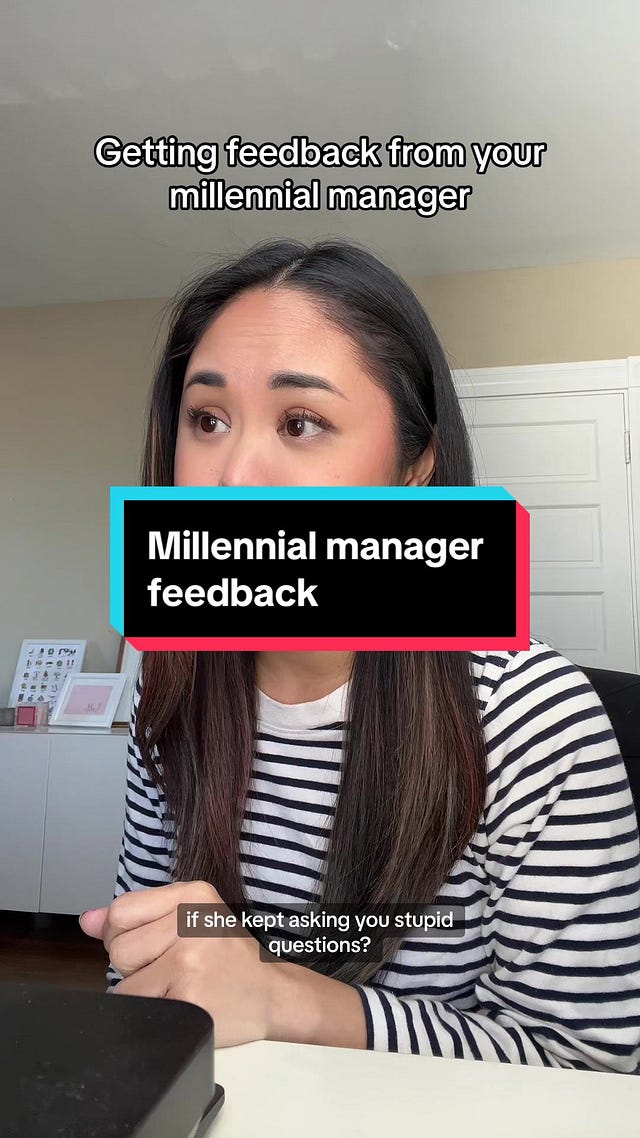Scripts for difficult conversations
On repeat. My (possibly premature) favourite podcast episode of 2025.
This week I come to you with a single recommendation. My (possibly premature) favourite podcast episode of 2025.
Why I’m recommending this
Everyone thinks they’re bad at tough conversations, but tough conversations are just… tough.
It’s not you, it’s the conversation.
I cannot express enough how helpful it is to have someone explain them to you, and give you natural ways to start and navigate them.
👉🏼 If you’re early career: there's stuff for you on peer and stakeholder conversations, plus how to ask for feedback that’s actually helpful and honest.
👉🏼 If you’re a manager: honestly, all of it.
Bookmark this for later
After I listened to it, I found myself wanting to write down every single phrase Alisa used.
I’ve pulled them out and dropped them below for you to reference later (but def listen to the ep itself, then these will actually stick in your brain).
General Principles
Start with your intention. [Why am I bringing this up?]
Lead with care. Show that your goal is to help, not hurt.
Normalise discomfort. Acknowledge that the topic is hard, but necessary.
Don’t spring it on them. Give context before diving into feedback or bad news.
1. Starting a Feedback Conversation
“This might be a little awkward or uncomfortable, but I care about your growth and I think it’s important we talk about this.”
“I want to give you some feedback because I think it will help you grow.”
2. If the Person Is Likely to Get Defensive
“I want to share something that may be hard to hear, and I totally understand if it doesn’t feel great in the moment. I’m sharing this because I want to help you succeed here.”
3. When You’ve Been Avoiding the Conversation
“I’ve been sitting on something I want to talk to you about because I wasn’t sure how to bring it up… but I don’t want to let it fester or affect our relationship.”
4. Delivering Feedback to a High Performer
“You’re doing really well in so many areas. And I also want to share something I’ve noticed that could help you be even more effective.”
5. Reframing Feedback as Coaching
“Can I put on my coaching hat for a second?”
6. When You’re Not Sure You’re Right
“This is just my perspective, I may be wrong, and I’m open to being wrong, but here’s what I’m noticing.”
7. Discussing a Missed Promotion
“I know you were hoping for a promotion, and I want to talk about what happened and where we go from here.”
8. Letting Someone Go
“This is one of the hardest things I have to do as a manager.”
9. Requesting Feedback About Yourself
“I want to get better at X. Is there anything I’m doing that’s getting in the way?”
One last thing...
Soph ✌🏼






